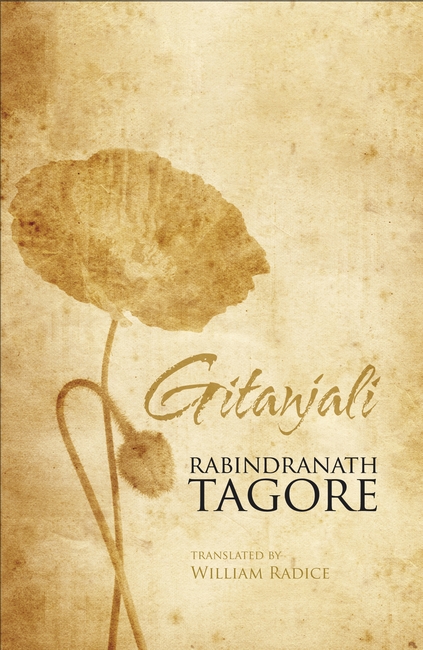
Described by Rabindranath Tagore as ‘revelations of my true self’, the poems and songs of Gitanjali established the writer’s literary talent worldwide. They include eloquent sonnets such as the famous ‘Where the mind is without fear’, intense explorations of love, faith and nature (‘Light, oh where is the light?’) and tender evocations of childhood (‘When my play was with thee’).
In this new translation to mark Tagore’s one-hundred-and-fiftieth birth anniversary, William Radice renders with beauty and precision the poetic rhythm and intensity of the Bengali originals. In his arrangement of Tagore’s original sequence of poems alongside his translations, Radice restores to Gitanjali the structure, style and conception that were hidden by W. B. Yeats’s edition of 1912, making this book a magnificent addition to the Tagore library.
Imprint: India Penguin
Published: May/2011
ISBN: 9780670085422
Length : 344 Pages
MRP : ₹550.00
Rabindranath Tagore received the Nobel Prize for Literature in 1913. He produced some sixty collections of verse, nearly a hundred short stories, several novels, plays, dance dramas, essays on religious, social and literary topics, and over 2500 songs, including the national anthems of India and Bangladesh. Translated into English by William Radice , Gitanjali a […]
